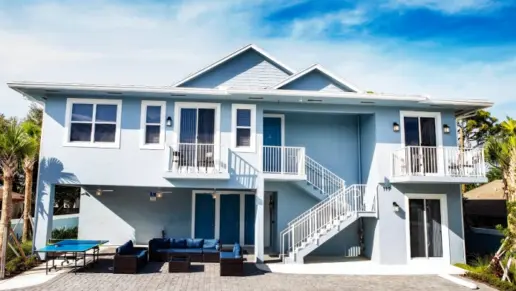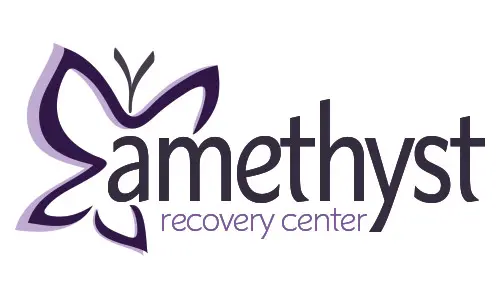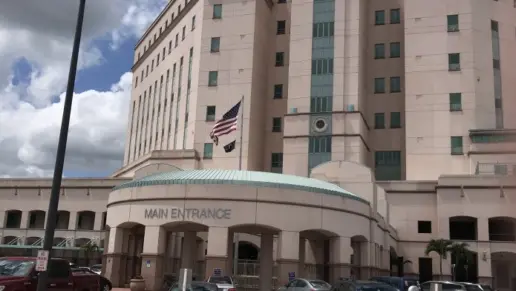I wish no stars was an option I received what I assumed they thought was care back in 2015. I didn't receive care. In fact I was imprisoned. And refused to be released. Everyday they told me I would be leaving that day. I lost count the amount of times I was lied too. At the ...
About Central Florida Behavioral Hospital
In Orlando, Florida, Central Florida Behavioral Hospital helps youth and adults with mental health and substance abuse get on the path to recovery. They offer a pristine, nine-acre campus and high-quality care. They have partnered with The National Action Alliance for Suicide Prevention so that they can offer better and more options for suicide prevention and care.
Their helpline gives you access to licensed mental health professionals who are available 24 hours a day, 7 days a week. You can also call for a free assessment.
For adults who are dealing with a dual diagnosis, Central Florida Behavioral Hospital’s residential program can help. You’ll have a personalized treatment plan and will work with a team of specialists including psychiatrists, certified addictions specialists, recreational therapists, registered nurses, mental health therapists, and mental health technicians.
This program relies heavily on the 12 Step program philosophy. Weekly AA/NA meetings take place on campus. Relapse prevention and healthy coping skills are two topics you’ll learn a lot about during your stay.
They offer medication assisted treatment using naltrexone and buprenorphine. You’ll also have 24/7 medical supervision if you need to go through detox. Other services include family education, anger and stress management classes, group therapy, recreational therapy and making plans for after you are discharged.
Central Florida Behavioral Hospital is a network provider for most major insurance plans including Blue Cross of Florida, Medicare and TRICARE. Many insurance plans will cover all or part of the cost of our various treatment plans. Staff can help you figure out how to pay for costs that aren’t covered.
Rehab Score
Gallery
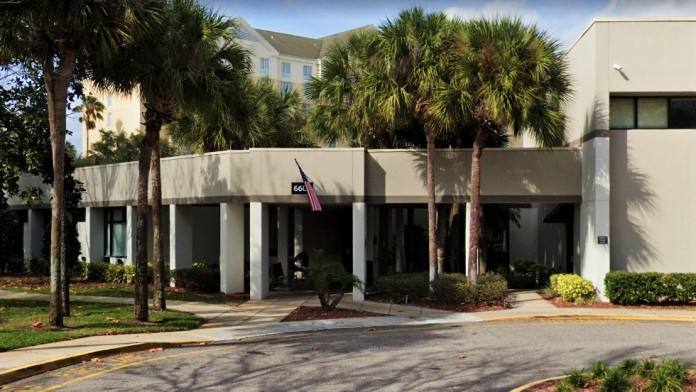
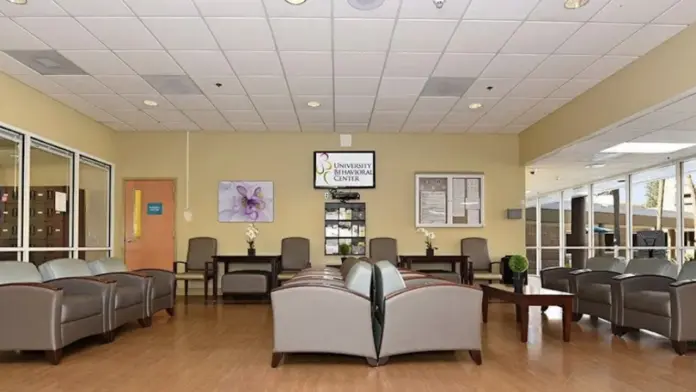
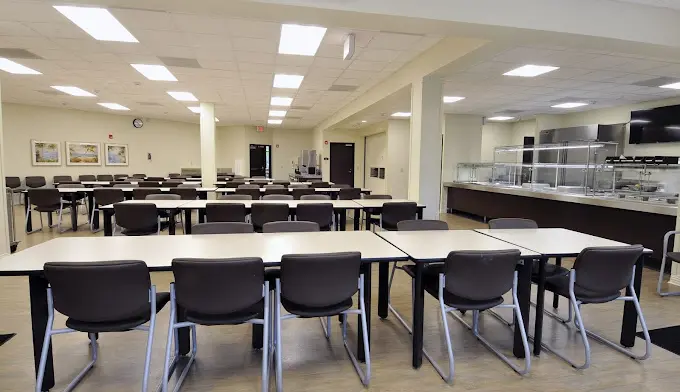
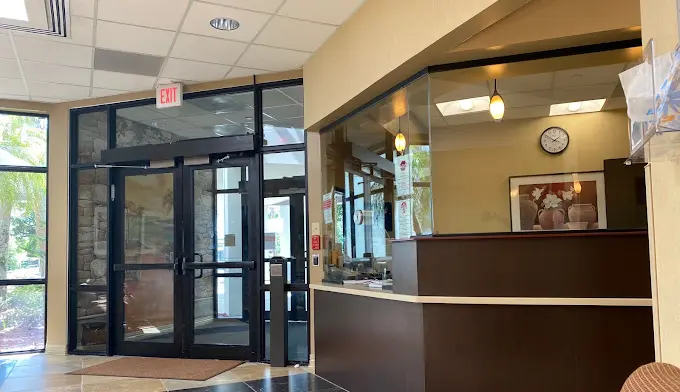
Location
Accepted Insurance
Other Forms of Payment
Medicaid is a state based program that helps lower-income individuals and families pay for healthcare. Medicaid covers addiction treatment so those enrolled can use their coverage to pay for rehab. When a program accepts Medicaid the client often pays very little or nothing out of their own pocket.
Private insurance refers to any kind of healthcare coverage that isn't from the state or federal government. This includes individual and family plans offered by an employer or purchased from the Insurance Marketplace. Every plan will have different requirements and out of pocket costs so be sure to get the full details before you start treatment.
Self-pay involves paying for treatment out of your own pocket. You can use savings or credit, get a personal loan, or receive help from family and friends to fund your treatment. If you don't have insurance or your insurance plan doesn't cover a specific program, self-pay can help ensure you still get the care you need.
Medicare is a federal program that provides health insurance for those 65 and older. It also serves people under 65 with chronic and disabling health challenges. To use Medicare for addiction treatment you need to find a program that accepts Medicare and is in network with your plan. Out of pocket costs and preauthorization requirements vary, so always check with your provider.
Military members, veterans, and eligible dependents have access to specific insurance programs that help them get the care they need. TRICARE and VA insurance can help you access low cost or no cost addiction and mental health treatment. Programs that accept military insurance often have targeted treatment focused on the unique challenges military members, veterans, and their families face.
Addiction Treatments
Levels of Care
Treatments
Many of those suffering from addiction also suffer from mental or emotional illnesses like schizophrenia, bipolar disorder, depression, or anxiety disorders. Rehab and other substance abuse facilities treating those with a dual diagnosis or co-occurring disorder administer psychiatric treatment to address the person's mental health issue in addition to drug and alcohol rehabilitation.
Mental health rehabs focus on helping individuals recover from mental illnesses like bipolar disorder, clinical depression, anxiety disorders, schizophrenia, and more. Mental health professionals at these facilities are trained to understand and treat mental health issues, both in individual and group settings.
Programs

Clinical Services
Cognitive Behavioral Therapy (CBT) is a therapy modality that focuses on the relationship between one's thoughts, feelings, and behaviors. It is used to establish and allow for healthy responses to thoughts and feelings (instead of unhealthy responses, like using drugs or alcohol). CBT has been proven effective for recovering addicts of all kinds, and is used to strengthen a patient's own self-awareness and ability to self-regulate. CBT allows individuals to monitor their own emotional state, become more adept at communicating with others, and manage stress without needing to engage in substance abuse.
Experiential therapy is a form of therapy in which clients are encouraged to surface and work through subconscious issues by engaging in real-time experiences. Experiential therapy departs from traditional talk therapy by involving the body, and having clients engage in activities, movements, and physical and emotional expression. This can involve role-play or using props (which can include other people). Experiential therapy can help people process trauma, memories, and emotion quickly, deeply, and in a lasting fashion, leading to substantial and impactful healing.
Research clearly demonstrates that recovery is far more successful and sustainable when loved ones like family members participate in rehab and substance abuse treatment. Genetic factors may be at play when it comes to drug and alcohol addiction, as well as mental health issues. Family dynamics often play a critical role in addiction triggers, and if properly educated, family members can be a strong source of support when it comes to rehabilitation.
Group therapy is any therapeutic work that happens in a group (not one-on-one). There are a number of different group therapy modalities, including support groups, experiential therapy, psycho-education, and more. Group therapy involves treatment as well as processing interaction between group members.
Trauma therapy addresses traumatic incidents from a client's past that are likely affecting their present-day experience. Trauma is often one of the primary triggers and potential causes of addiction, and can stem from child sexual abuse, domestic violence, having a parent with a mental illness, losing one or both parents at a young age, teenage or adult sexual assault, or any number of other factors. The purpose of trauma therapy is to allow a patient to process trauma and move through and past it, with the help of trained and compassionate mental health professionals.
Staff & Accreditations
Staff

CEO

CEO

CFO
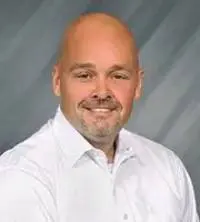
Chief Nursing Officer
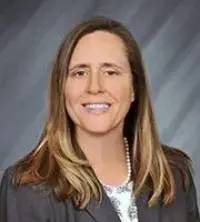
Director of Outpatient Program
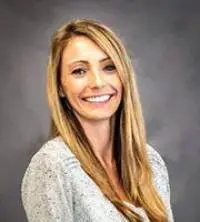
COO
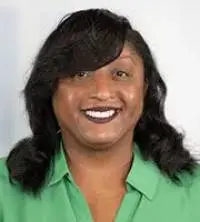
Director of HIM/Medical Records
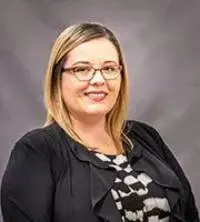
Director of Business Office

Director of Engineering/Plant Operations

Director of Performance Improvement

Director of Clinical Services

Director of Utilization Review / Case Management
Accreditations

The Joint Commission, formerly known as JCAHO, is a nonprofit organization that accredits rehab organizations and programs. Founded in 1951, the Joint Commision's mission is to improve the quality of patient care and demonstrating the quality of patient care.
Joint Commission Accreditation: Yes
Contact Information
6601 Central Florida Parkway
Orlando FL, 32821

